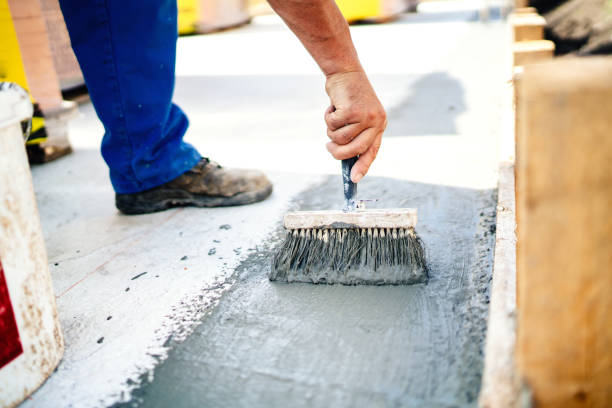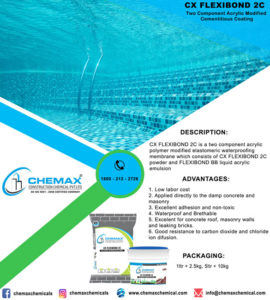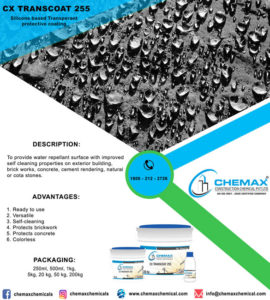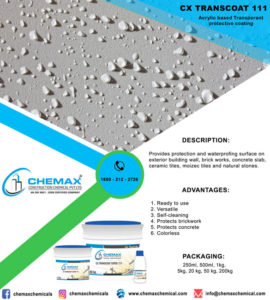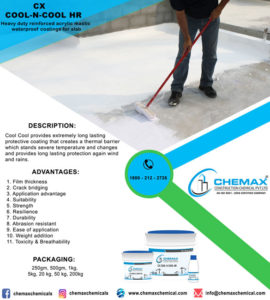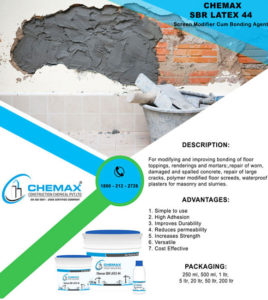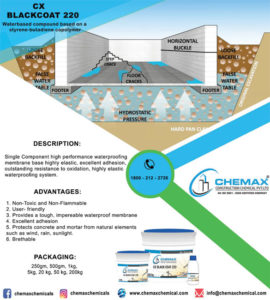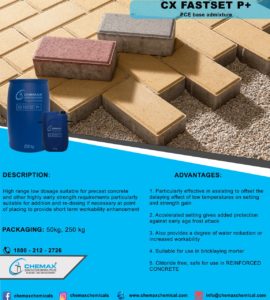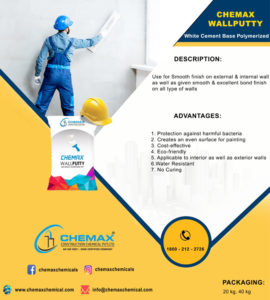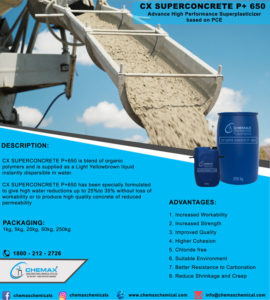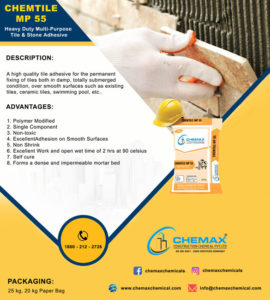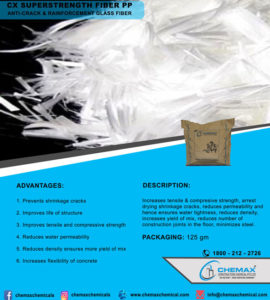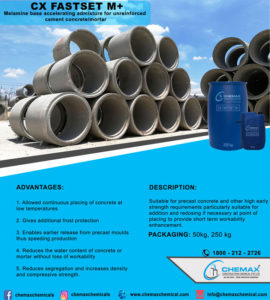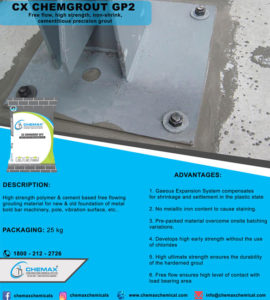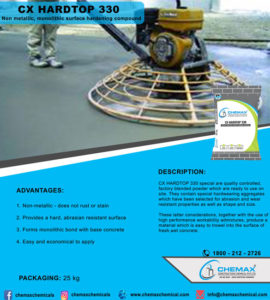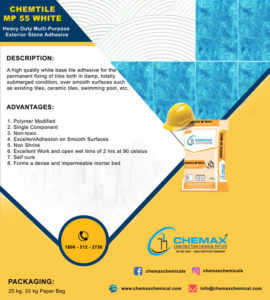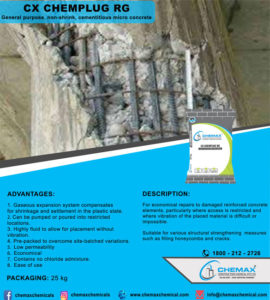I am text block. Click edit button to change this text. Lorem ipsum dolor sit amet, consectetur adipiscing elit. Ut elit tellus, luctus nec ullamcorper mattis, pulvinar dapibus leo.
I am text block. Click edit button to change this text. Lorem ipsum dolor sit amet, consectetur adipiscing elit. Ut elit tellus, luctus nec ullamcorper mattis, pulvinar dapibus leo.
Both residential and commercial buildings are at serious risk of damage from water seeping through concrete. Water-related issues can seriously harm your property in a variety of ways, from small problems like mold and mildew growth to major structural damage. Aside from being expensive, neglecting appropriate waterproofing measures can have negative effects on occupants’ health and safety.
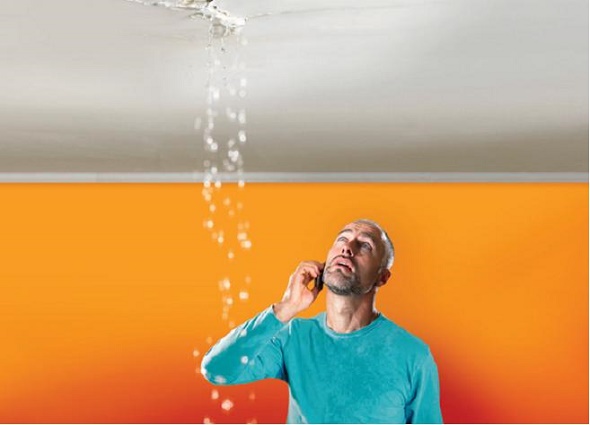
There are numerous issues that can arise when water seeps into buildings. Moisture and dampness can encourage the growth of mold and mildew, which is dangerous for human health in addition to lowering indoor air quality. Water damage to a building’s structure can lead to cracks, wood rot, metal component corrosion, and moisture buildup on the walls. Water intrusion can also harm flooring, priceless possessions, electrical systems, and other things, necessitating expensive repairs or replacements.
Consequences of ignoring waterproofing measures:
You are opening your property up to these dangers and damages by not waterproofing it. The long-term costs of repairing and restoring a water-damaged structure far outweigh the initial savings from omitting waterproofing measures. Additionally, the disruption brought on by problems with the water can seriously affect your property’s appearance and usability, which lowers its value and desirability.
How to Choose the Right Waterproofing Chemicals?
The area of application determines which waterproofing chemicals are suitable. Different kinds of waterproofing solutions are needed for different surfaces and environments. For example, because of their different levels of exposure to moisture and water, bathrooms, basements, and flat roofs have different requirements. Which waterproofing chemical is best depends on the circumstances and regions mentioned above.
Additionally, certain product sets—such as bituminous coating, waterproofing chemical coating, and waterproofing tapes—should be utilized in a single waterproofing project. Bathrooms and other wet area waterproofing applications use tape seals and sealants. Waterproofing can help the entire building envelope, but some areas need more care than others. Effective waterproofing is often needed in bathrooms, external walls, roofs, balconies, basements, and foundations. The amount of water exposure that each of these surfaces receives varies, and choosing the appropriate waterproofing chemistry to create an impermeable barrier between the surface and water depends on these factors.
Therefore, give waterproofing top priority when remodeling your house or working on building projects in order to avoid future headaches and preserve a safe and cozy living or working environment. Depending on the surfaces and problems, different kinds of waterproofing solutions are offered in the market. Given the variety of waterproofing options on the market, selecting the ideal solution for your problems can be quite challenging. Here are some quick facts about each type to assist you in selecting the best course of action.
In order to meet the various waterproofing needs of various areas within a building, CHEMAX provides a wide variety of waterproofing chemicals and products that have been specifically designed to ensure complete protection. Our waterproofing product line can help you protect any type of commercial space, including your home. Our waterproofing solutions are expertly crafted to provide quality, durability, and sustainability for everything from walls to car parking areas, elevator rooms, podiums, and foundations.

